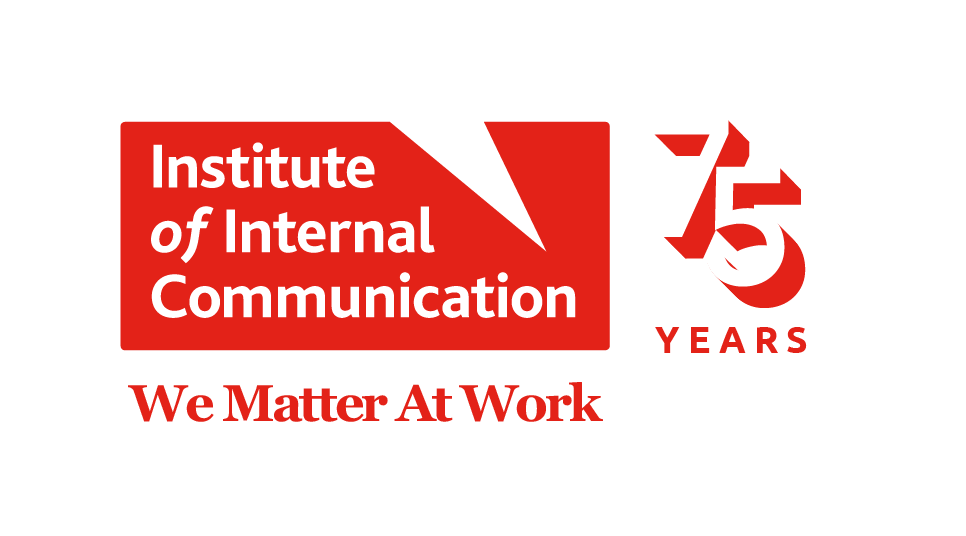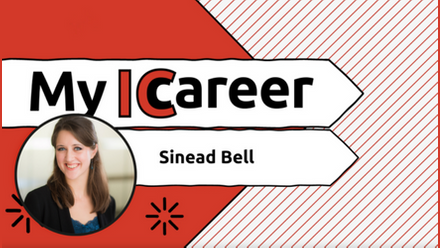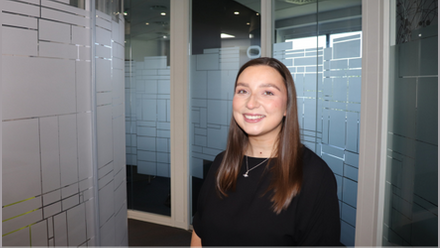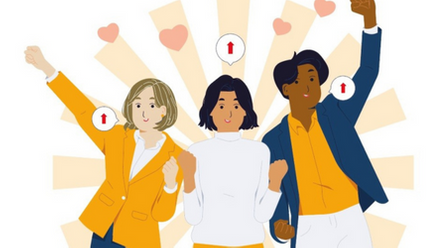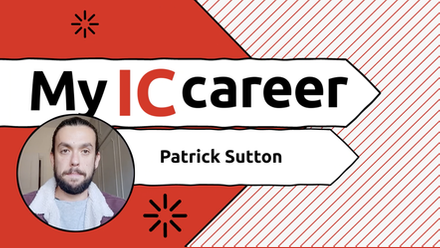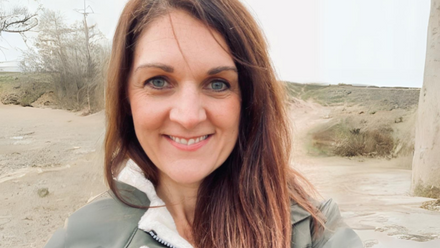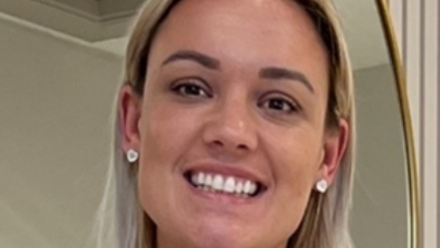Is imposter syndrome within the internal communications profession on the rise?
Over the past two years I'm hearing more IC people - accomplished communicators - sharing their concerns about feeling inadequate, having self-doubt, and experiencing bouts of low self-confidence at work.
From highly-respected and experienced practitioners, to diploma graduates, to people I mentor, conversations often turn to how they can sometimes feel like an imposter, and are worried about being found out.
Some don't believe that their success is down to working hard and brilliant skills, but that it was just 'luck' or because they were in the right place at the right time.
And they don't feel that their counterparts in PR or Marketing feel this way.
So, for a profession that's as valued by business as ours, why is this self-doubt gnawing away at people who are just so talented and clearly doing a great job?
There is a bit of an elephant in the room too. Most of my own less-than-scientific research, and in an industry with a high proportion of female practitioners, does indicate that women are more likely to feel imposter syndrome than men.
I've mentored men as well as women and my experience is that although men say they do experience self-doubt at times, it just isn't an issue, or something 'big' that they want to work on.
From interviews with 750 U.S. female executives for 'Advancing the Future of Women in Business: A KPMG Women's Leadership Summit Report' 75 percent said that they had personally experienced imposter syndrome at certain points in their career.
Seventy-four percent of executive women believe that their male counterparts do not experience feelings of self-doubt as much as female leaders do. And 81 percent believe they put more pressure on themselves not to fail than men do.
So, without wanting to blame the pandemic for everything, I think its challenges and changes are certainly contributing to what feels like an escalating issue in the internal communication profession.
At the start of the pandemic, internal communicators were forced into the hot seat in many organisations to quickly find ways to reach and communicate with employees. It was a confusing and stressful time when we found out what channels actually worked, and what didn't.
We had regular contact with leadership. We advised them about tone and style of message. We helped them be more authentic communicators often using untested, new media. We were expected to have comms solutions and answers, to be able to interpret and dissect messages for diverse and disparate audiences on the spot, then re-adapting the messaging as businesses and policies changed at speed.
And that's pretty much been the pattern of the past two years.
We did it, not always as efficiently or as expertly as we could. But we delivered. So do we now feel we have to keep up this pace, to continue to be the expert in the room, and able to produce 'rabbit out of a hat' magic comms on the spot?
I'm not a behaviour expert, but I also think that as the pandemic increased our reliance on talking to people virtually and remotely, we've worked harder to find 'connection' and shared experiences.
We've opened up more to work colleagues, talking about how we are feeling. 'How are you?' has become less of a generic greeting and more of a genuine question as we see into colleague's home spaces, meet their pets, and hear their kids.
It turns out that admitting to being 'human' and experiencing self-doubt is more common. We all have insecurities.
So, how can we loosen the grip of imposter syndrome – this negative pattern of thinking - at a time when our organisations need us to be confident communicators?
Firstly, if you're increasingly having negative thoughts or struggling, then do seek professional help.
Other tried and tested tips include giving yourself credit and focusing on your accomplishments; being kind to yourself and acknowledging that it is ok to think this way at times; not striving to do things perfectly all the time; not comparing yourself to others who look like they are 'bossing it'; not trying to be superwoman or superman and doing everything yourself - ask for advice or help from others on work projects; and knowing that you're not alone in feeling this way.
From people I have spoken to about imposter syndrome in our industry, acknowledging that we're always learning our craft, and being curious to know more, contributes to a more positive outlook.
Having a relevant professional qualification also helps and the IoIC offers both professional qualifications and personal development through courses, webinars, networking and events.
And finally, as someone who despite 30+ years in internal comms (and as president of the IoIC!) recognises what self-doubt and imposter syndrome feels like and looks like, there's a couple of links here that really help me to put my own self-doubt into context when it threatens to take over.
